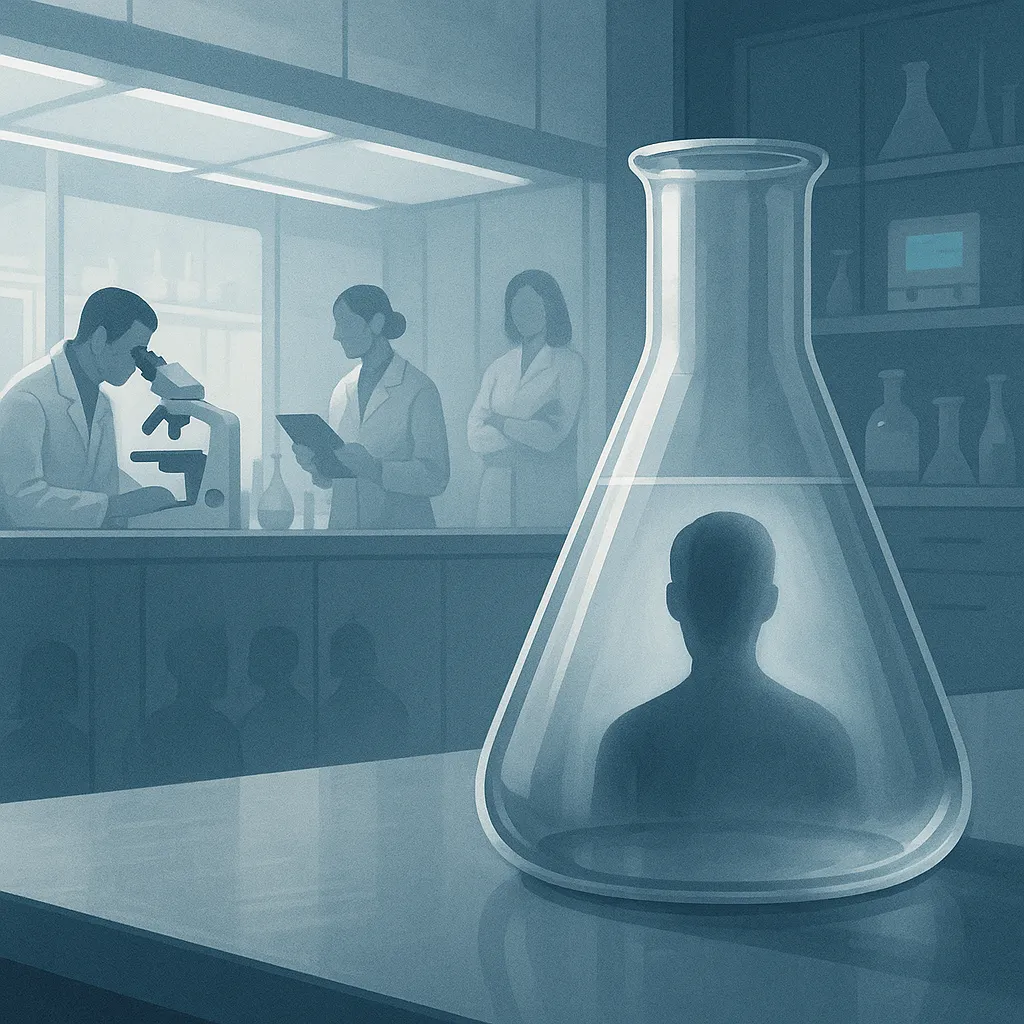Not That Kind of Hope: What Biotech Optimism Leaves Out When It Speaks For Us
 A recent JNS article profiles Professor Haitham Amal of Hebrew University, whose autism research is gaining attention for its "hopeful" tone. Amal, a molecular scientist, claims that high levels of nitric oxide in the brain may be a "major pathological" feature of autism. He has spun his findings into a drug development pipeline and a diagnostic tool based on blood and microbiome data.
A recent JNS article profiles Professor Haitham Amal of Hebrew University, whose autism research is gaining attention for its "hopeful" tone. Amal, a molecular scientist, claims that high levels of nitric oxide in the brain may be a "major pathological" feature of autism. He has spun his findings into a drug development pipeline and a diagnostic tool based on blood and microbiome data.
On the surface, this looks like progress. But dig one layer deeper and the framing becomes clear: autism is a biochemical flaw to be corrected, not a neurotype to be understood.
This isn’t a story about autistic people. It’s a story about scientists, molecules and markets. The article never mentions autistic input, leadership or response. It speaks of autism as if we are not in the room — as if what matters is how closely mouse behavior mimics ours, and how well a molecule can flatten it.
Let’s be clear: nitric oxide might well be biologically relevant. So are oxygen, cortisol and sleep. But we don’t build moral mandates around molecules unless we’re trying to justify intervention. And that’s exactly what this is. A search for a molecular switch to turn the volume of autism down and make it manageable.
This is not neutral science. It frames neurodiversity as an aberration, a medical deficiency to be removed from humanity. It packages harm as hope. And it does so with institutional backing, venture funding and zero autistic oversight.
At Autism Answers Back, we’re not against science; however, we are against narratives that pretend to help while paving the road to erasure. If you want to study nitric oxide, study it. But don’t call it a hopeful future for us if we weren’t even asked to be part of the discussion.
Hope, without sovereignty, is just a headline. We want more than that. We want a future that we help define.